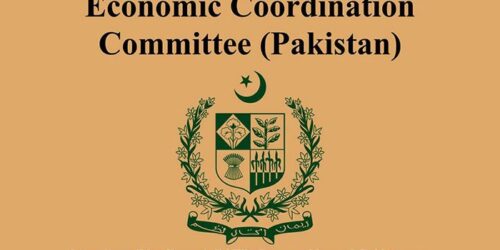The Economic Coordination Committee (ECC) that met here on Wednesday under Finance Minister Shaukat Tarin did not approve the Pakistan Refinery Policy 2021, as Asad Umar, Federal Minister for Planning and Special Initiatives, opposed it arguing that the Cabinet Committee on Energy (CCOE) was the right forum to take up refining policy.
Expressing his annoyance over not being given the policy draft by the Petroleum Division, Asad asked how can he give his input for the policy without going through the document first, a senior official who attended the meeting confirmed this development.
According to the official source, the secretary petroleum argued that many initiatives of the refinery policy on taxation and fiscal incentives had already been approved in the Finance Bill 2021-22 and that was why the Petroleum Division pitched the refinery policy at the ECC forum. Chairing the ECC meeting, the finance minister also pedalled the same and asked the Petroleum Division to pitch the policy in CCOE. Asad Umar heads the CCOE. Once the CCOE approves the draft, it would be ratified by the federal cabinet, and afterwards it will be enforced forthwith.
The ECC also deferred till its next meeting the approval of the summary on Pakistan Stream Gas Pipeline (PSGP), seeking concurrence of the Heads of Terms (HoTs) finalised during the Pakistan-Russia talks in Islamabad on July 12-15.
The Petroleum Division drafted the proposed Refinery Policy 2021 after consensus of existing refineries, finance ministry, law division, FBR and OGRA. Under the policy, the government will extend huge package of tax incentives, including 20-year tax holiday for upgrading of existing refineries and installment of new deep conversion refineries. The tax holiday will be effective from the date of commissioning of the upgrading projects by the existing refineries. The new refineries will also enjoy 20 years tax holiday once they come on stream. However, there will be no product off-take and rate of return guarantee for new and existing refineries.





